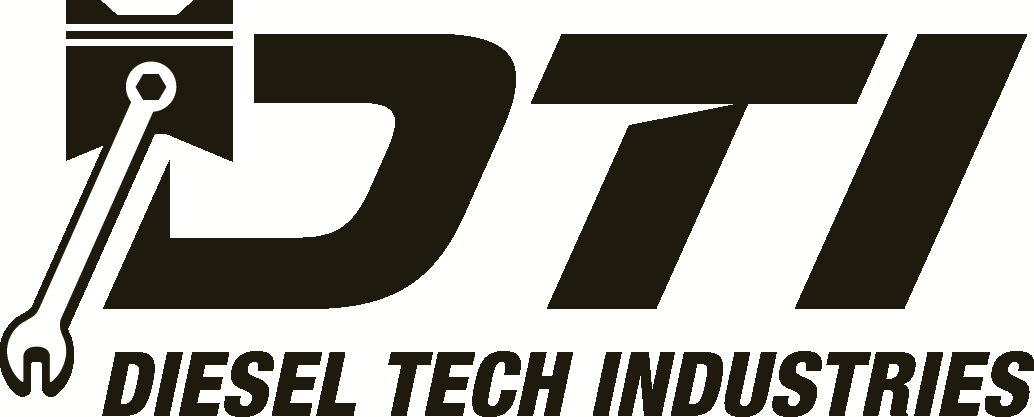Verne’s high-density cryo-compressed hydrogen technology maximizes storage density to
improve range and payload for heavy-duty vehicles
Edmonton, AB, Canada, September 26, 2024 —Verne and its industry partners announced the
completion of the first heavy-duty Class 8 truck powered by cryo-compressed hydrogen (CcH2).
Verne’s CcH2 fuel storage system maximizes hydrogen storage density, increasing vehicle range
while decreasing vehicle weight and storage system cost. Verne showcased the truck at the
Alberta Motor Transport Association Innovation Expo in Edmonton, where fleets had the chance
to inspect the completed truck. Verne will soon begin drive testing of the truck in advance of
multiple commercial pilots.
Verne’s cryo-compressed hydrogen technology involves cooling and compressing hydrogen to
achieve the maximum hydrogen density of 73 g/L, a 33% improvement over liquid hydrogen and
an 87% improvement over traditional 700 bar compressed gas hydrogen. Heavy-duty
transportation is responsible for 12% of global CO2 emissions, and current zero emission options
fail to meet the range and payload requirements of heavy-duty truck fleets. Increasing hydrogen
density allows heavy-duty vehicles to store more energy onboard while using fewer heavy,
expensive storage tanks.
The first-of-kind cryo-compressed hydrogen truck uses Diesel Tech Industries’ Guardian
Hydrogen Diesel System, which is a retrofit of a traditional diesel engine to enable the vehicle to
run on a blend of diesel and hydrogen. DTI’s Guardian Hydrogen Diesel System can serve as an
important bridge technology for the trucking industry, as it allows fleets to trial hydrogen fueling
and driving without requiring investment in a new fleet of trucks.
Verne and DTI will demonstrate the range and payload improvements of high-density CcH2 fuel
with the Guardian Hydrogen Diesel System. Verne will conduct demonstrations and commercial
pilots with leading vehicle manufacturers and fleets in Canada and the United States using dual-
fuel engines, hydrogen combustion engines and hydrogen fuel cells, as it believes that all three
technologies will play an important role in decarbonizing the heavy-duty transportation sector.
Verne previously achieved a CcH2 storage record during a stationary demonstration of a 29 kg
storage system at Lawrence Livermore National Laboratory and completed drive testing of a fuel
cell electric vehicle powered by CcH2 with a leading global vehicle manufacturer. Verne is also
applying its unique CcH2 technology to hydrogen densification and distribution to bring down the
cost of delivering hydrogen by as much as 40%. This novel distribution platform will accelerate
the use of hydrogen in several sectors that currently rely on diesel, including heavy-duty trucks
and off-road equipment.
“Demonstrating the first Class 8 truck powered by cryo-compressed hydrogen will be a major
milestone for the hydrogen industry and a big step towards decarbonizing trucking at scale,” said
Ted McKlveen, Verne Co-founder & CEO.
“Diesel Tech Industries is thrilled to partner with Verne in integrating the Verne CcH2 system with
our Guardian Hydrogen Diesel System. This collaboration allows us to maximize onboard
hydrogen storage while maintaining the flexibility and reliability of the diesel engine. The seamless
retrofit of this dual-fuel solution—without altering the truck’s wheelbase—meets our customers’
demands for extended range and fewer tanks, all while enabling the use of sleeper cabs. This
partnership underscores our commitment to driving the energy transition in heavy-duty trucking,
setting new standards for sustainability and operational efficiency” added Rebecca Goldsack,
COO of Diesel Tech Industries, who led integration of the vehicle.
Verne was supported on this project by Alberta Innovates through their Hydrogen Centre of
Excellence program. “Alberta Innovates positions Alberta as a world leader in the innovative
production, deployment, and use of hydrogen across our economy. The cryo-compressed
hydrogen (CcH2) technology on this truck is an important step forward to broadening the use of
hydrogen in the transportation industry and meeting the goals of the 5,000 hydrogen vehicle
challenge,” said David Van Den Assem, Director of the Hydrogen Centre of Excellence at Alberta
Innovates.
Edmonton Global introduced the 5,000 Hydrogen Vehicle Challenge, which aims to deploy 5,000
hydrogen or dual-fuel vehicles in Western Canada over the next five years. “Verne’s innovative
technology and partnership with Diesel Tech Industries is a clear demonstration of the
coordinated and aggressive action taking place in the Edmonton Metro Region to drive hydrogen
technology adoption in our commercial transportation sector. This announcement adds to the
growing momentum behind the 5,000 Hydrogen Vehicle Challenge and is another important piece
to the infrastructure needed to support the transition. Congratulations to Verne and DTI on this
exciting milestone,” added Malcolm Bruce, CEO of Edmonton Global.
About Verne
Verne was founded in 2020 to develop high-density hydrogen storage solutions required for deep
decarbonization. Verne’s platform unlocks zero-emission operations in sectors including trucking
and hydrogen distribution. Verne is financially supported by leading commercial entities, including
Trucks Venture Capital, Collaborative Fund, Amazon’s Climate Pledge Fund, NextEra Energy
Resources, United Airlines Ventures Sustainable Flight Fund, Caterpillar VC, and Newlab. Verne
is also supported by Breakthrough Energy Fellows, the Department of Energy’s ARPA-E, The
U.S. Army, Alberta Innovates and other agencies. For more information, visit www.verneh2.com.
Company contact: contact@verneh2.com
About Diesel Tech Industries
Diesel Tech Industries, based in Edmonton, Alberta, is a pioneer in transportation technology,
specializing in innovative solutions for the trucking industry. The Guardian Hydrogen Diesel
System represents their latest advancement, aimed at reducing emissions and enhancing
operational efficiency in diesel vehicles through dual-fuel hydrogen blending technology. For
more information about DTI and its initiatives, visit www.dtiguardian.com.

